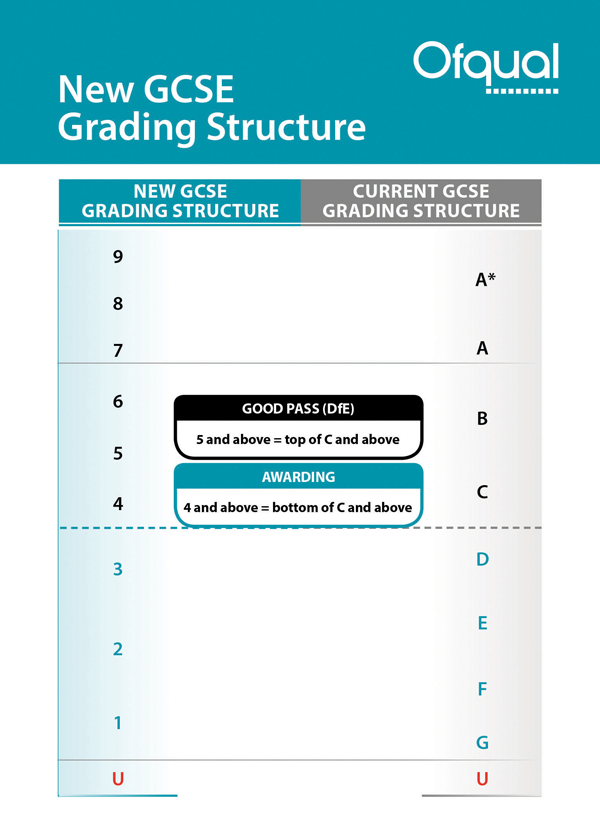Lessons Learnt From New GCSE Reforms

The phrase “The only constant is change” never fails to prove itself in education. Over the past five years there have been constant changes and moving goal posts, and this pace looks set to continue.
As we weather these innovations, we learn to adjust. I am a maths teacher, and would like to share a few lessons that I have taken from the most recent reforms to the maths GCSE, which I believe can be applied to other subjects about to undergo the same reforms. These include: changing the grading structure from G-A* to 1-9; increased breadth and depth of the syllabus; a new exam paper structure and harder questions.
When I first found out the details of these changes, it was a big surprise. The grading structure, in particular, was a huge shift, and there was very little advice around managing the change and helping all stakeholders (teachers, parents, employers, pupils) to understand what was happening.
With hindsight, I would do the following things differently. Perhaps teachers of other subjects can take something away here.
- Share and re-share the grading structure
Understandably, parents wants to know how the grades 1-9 relates to the old A*-G grades. There seems to be a misconception that A* = 1. This is not the fault of parents but is down to a lack of change management. To help with this, Ofqual have produced a mapping table, which is likely to get further refined.
I recommend using every opportunity to relay the above structure to students and parents. Email, parents’ evenings, handing out slips, end-of-terms reports – you simply cannot reiterate the message often enough.
- Reassure that students will not be disadvantaged
Last year, I was constantly asked two questions by students and parents: “What do I need to pass?” and, “How can my child get an A*, sorry I mean a 9?”
Much of this detailed information was not available at the time, but now we know more. Reassure students and parents that there will not be any huge changes from one year to the next. The maths GCSE was undoubtedly harder than in previous years, but the grade boundaries did allow for this difficulty.
In June 2016, 64% of students passed the Edexcel maths GCSE whereas 70% passed the reformed exam This implies that the reformed year was not disadvantaged – if anything perhaps they gained an advantage, as 6% more students passed. The point to stress to students and parents is that candidates will not be disadvantaged.
- Appoint a syllabus change champion
While it is important to read the new syllabus we all know that syllabi are vague in nature. The exam boards will issue statements of work, lesson plans, textbooks, specimen papers and so on. These are all vital to help you get to know the new content. The boards will also prepare a document showing the key changes in syllabi.
The problem is that the information is all over the place. The best way to deal with this is to allocate one person per subject to pull together the relevant information. This will avoid everyone being overloaded with excessive and duplicate information. Hold discussion groups with subject teachers within the school and perhaps wider network groups to share understanding of important changes.
- Don’t fall back on old resources
In maths, we went from having two papers to three papers, lost the formulae table and added an hour to the total examination time. While the students did not notice a change, as they did not know the old system, we needed to prepare them for their exams using new-style mocks and exercises. This meant more difficult questions and longer papers.
Again, this may seem obvious, but it is easy to fall into the trap of using material from previous years. However, there is plenty of new resources available from the exam boards and all opportunity should be taken to use it to make sure that your teaching matches the new specifications as closely as possible.
Naran is a maths teacher and tutor with Newman Tuition. To book a lesson with him, please call us on 020 3198 8006 or complete the form on the Contact Us page.